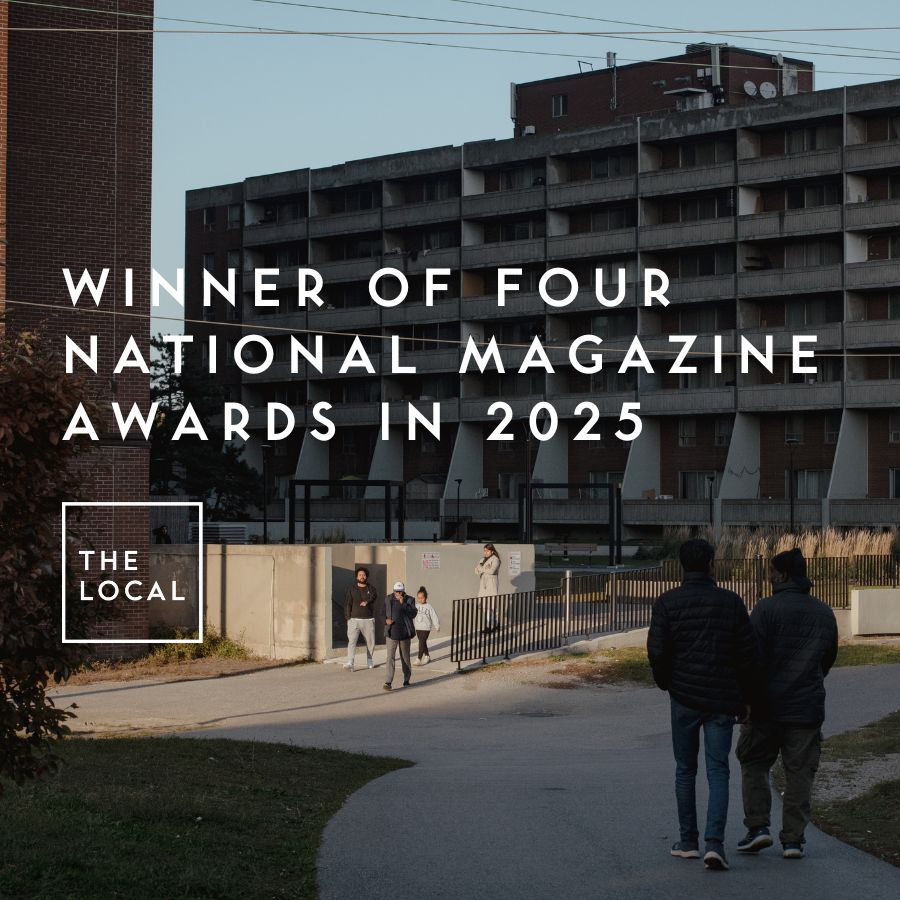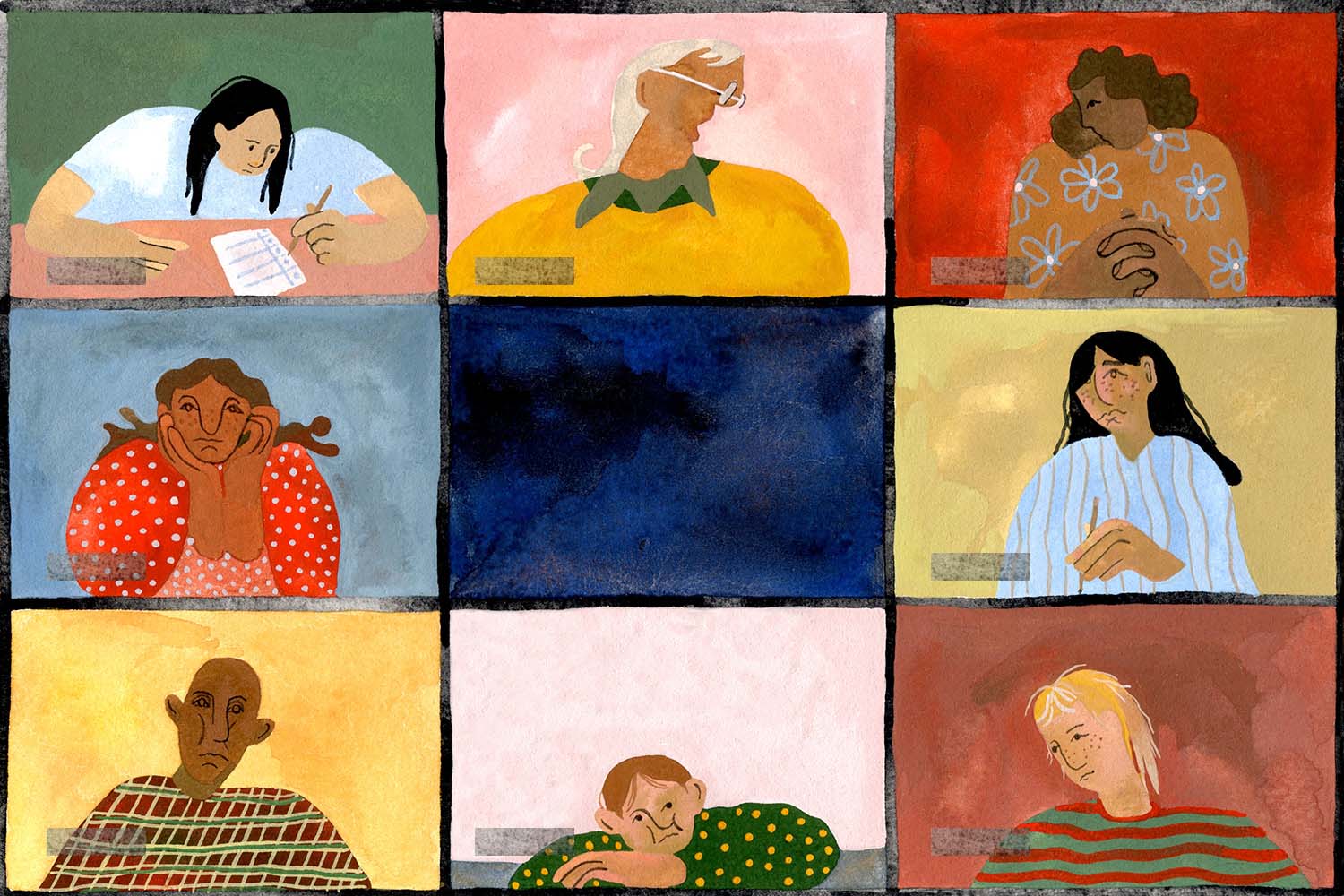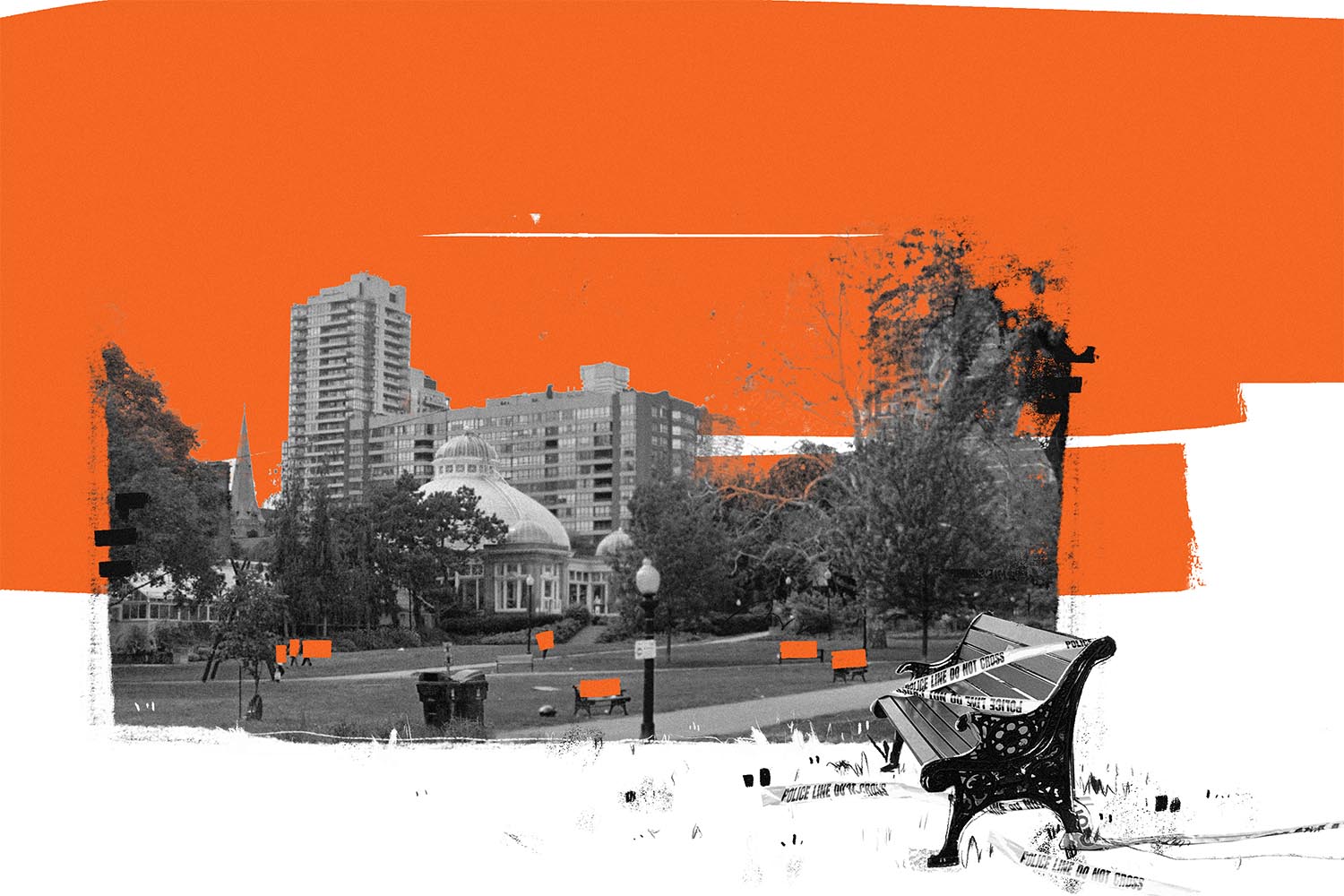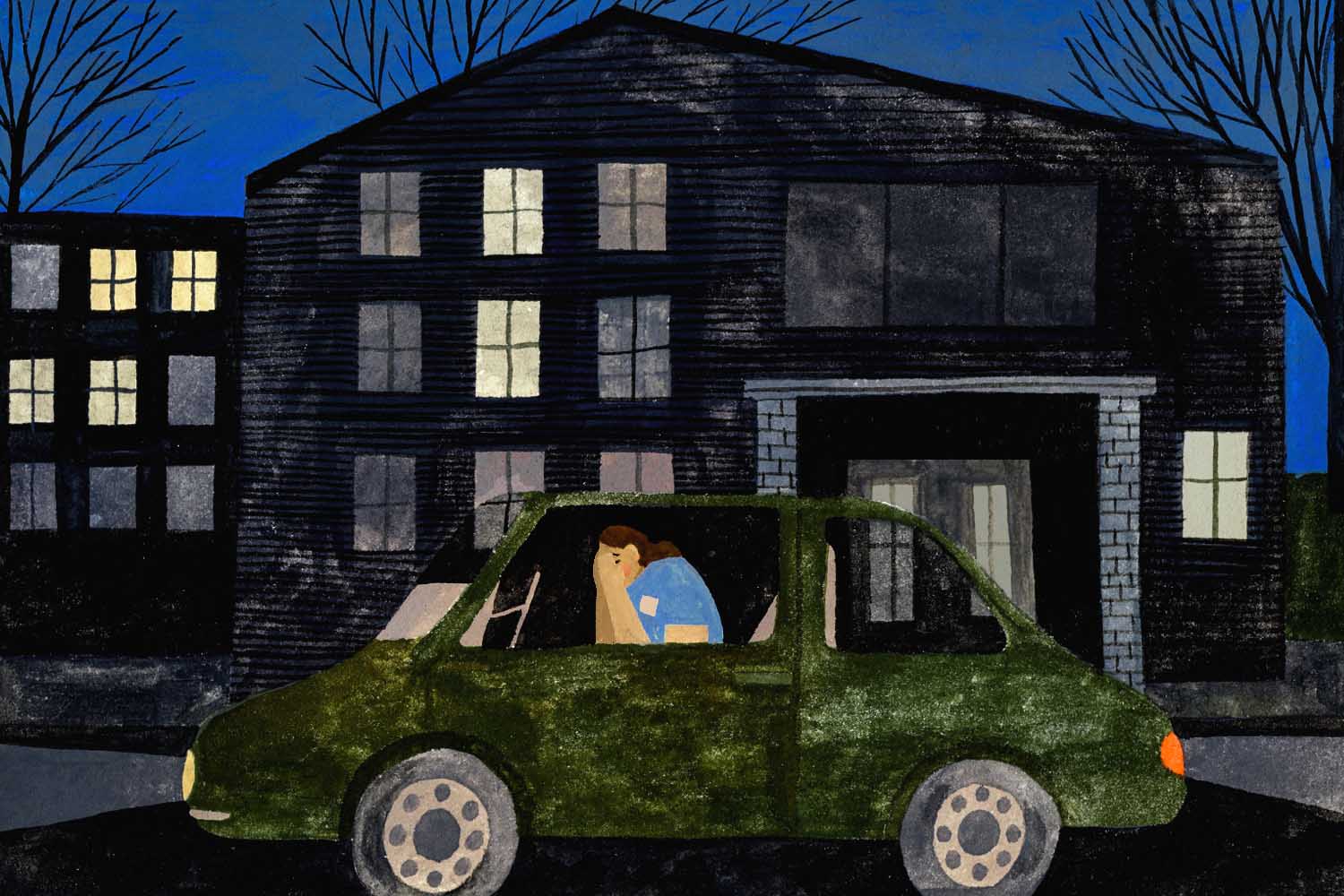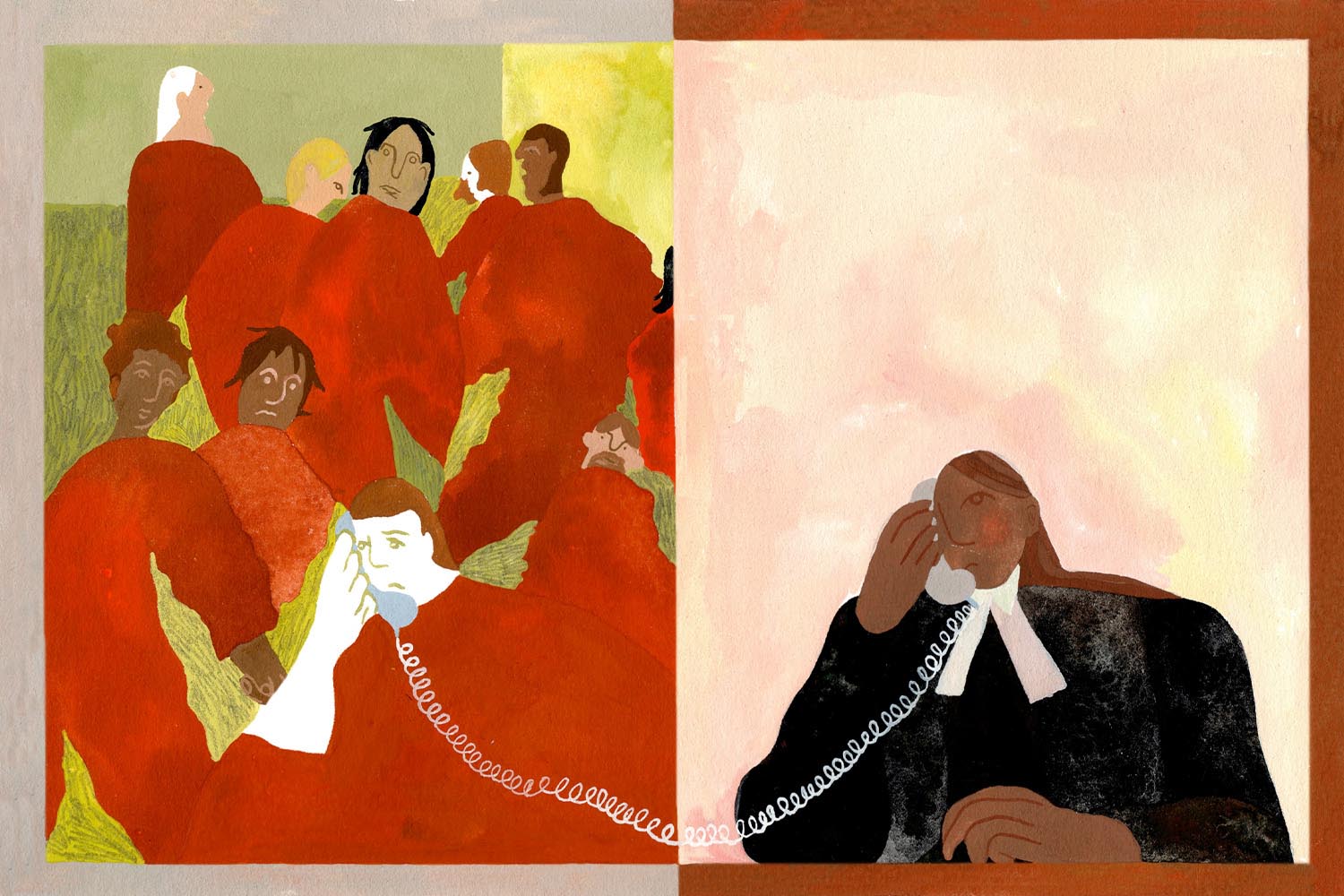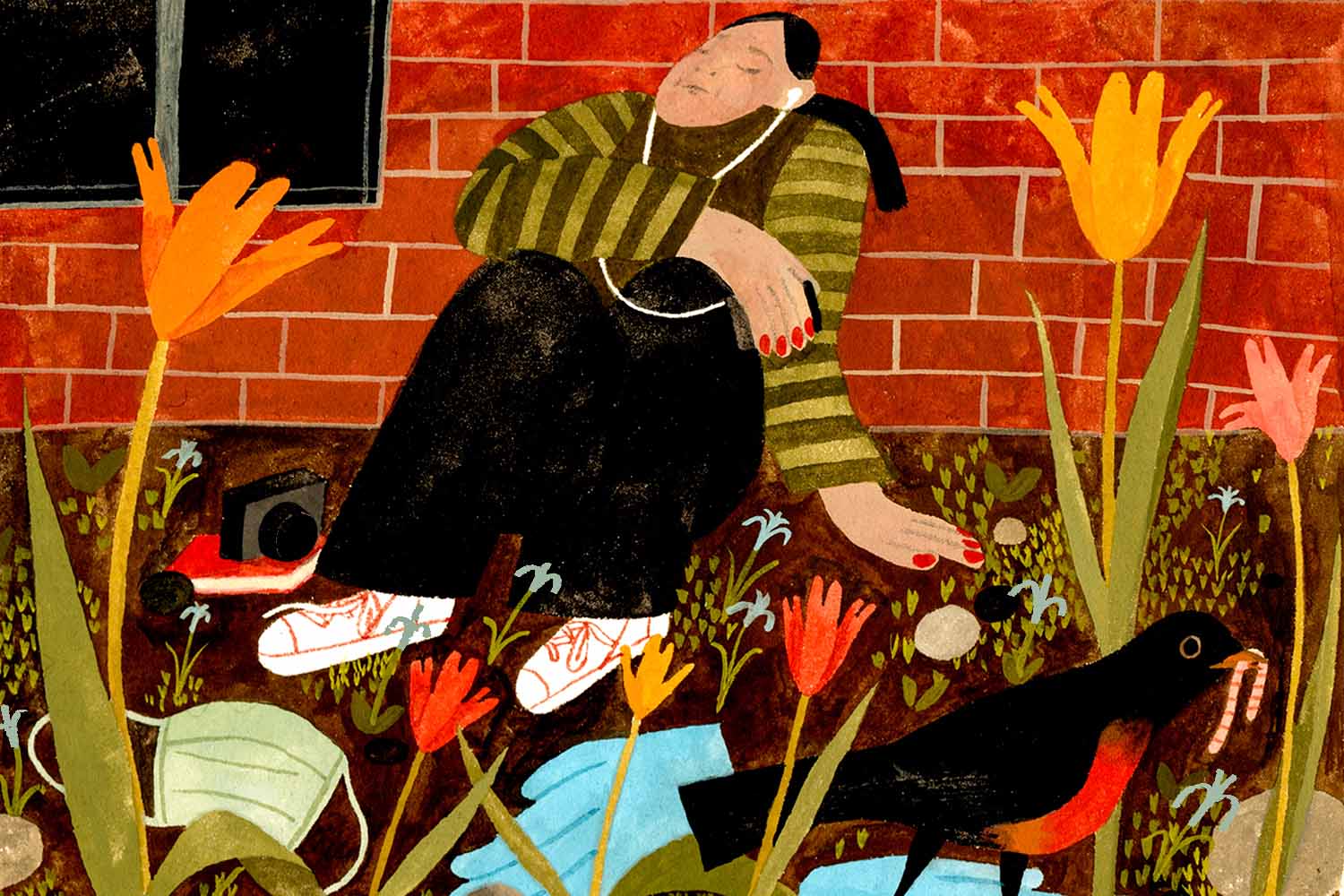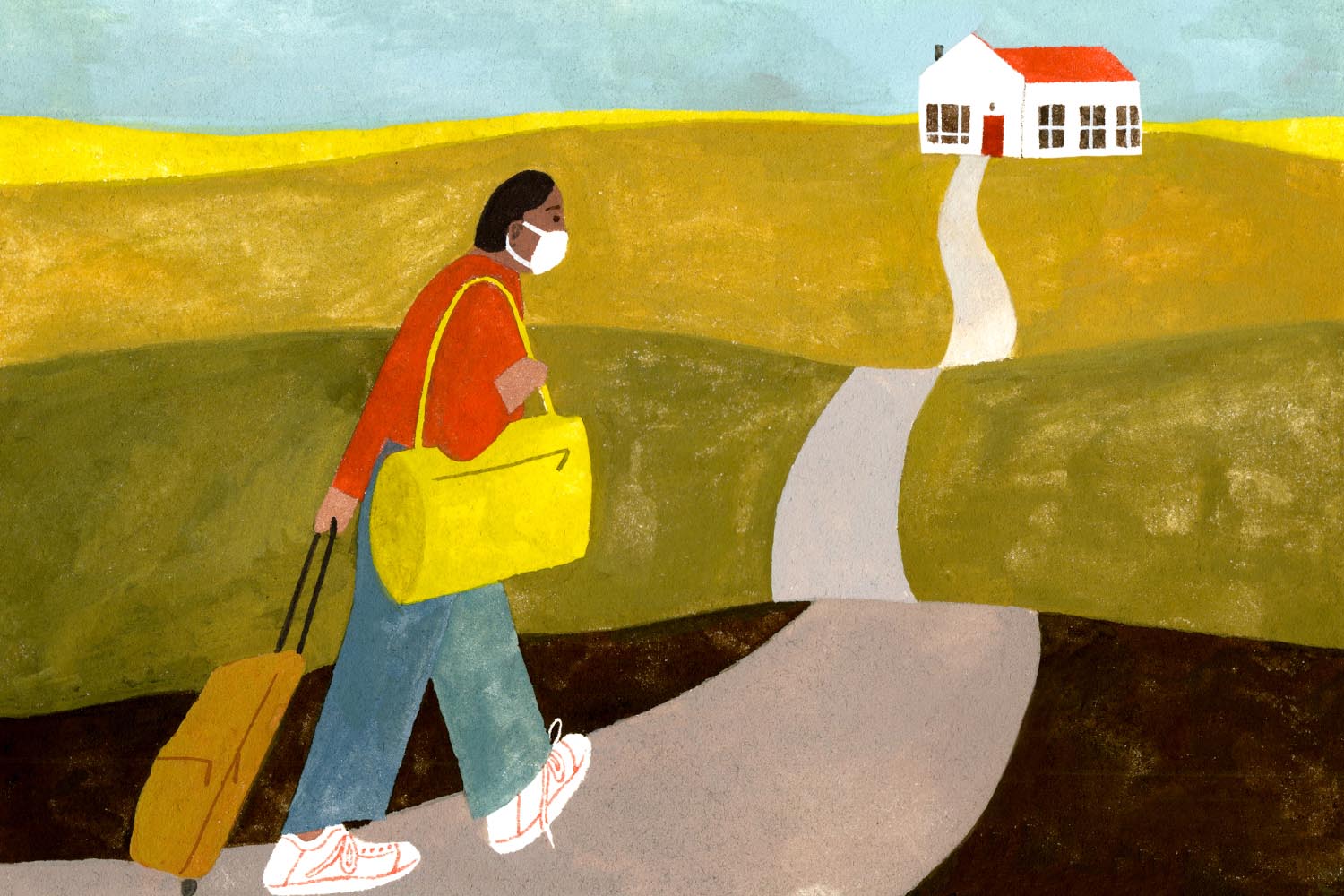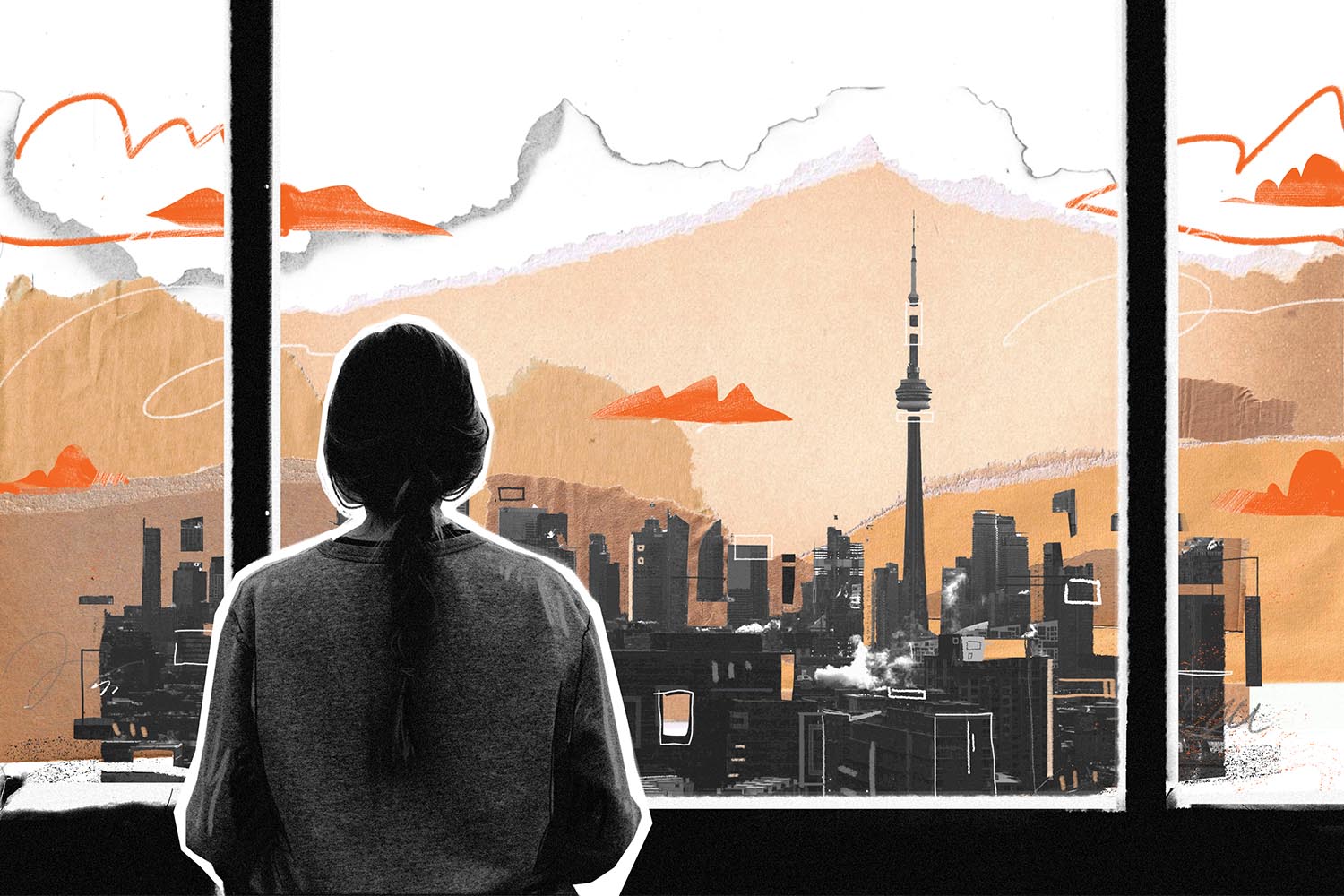
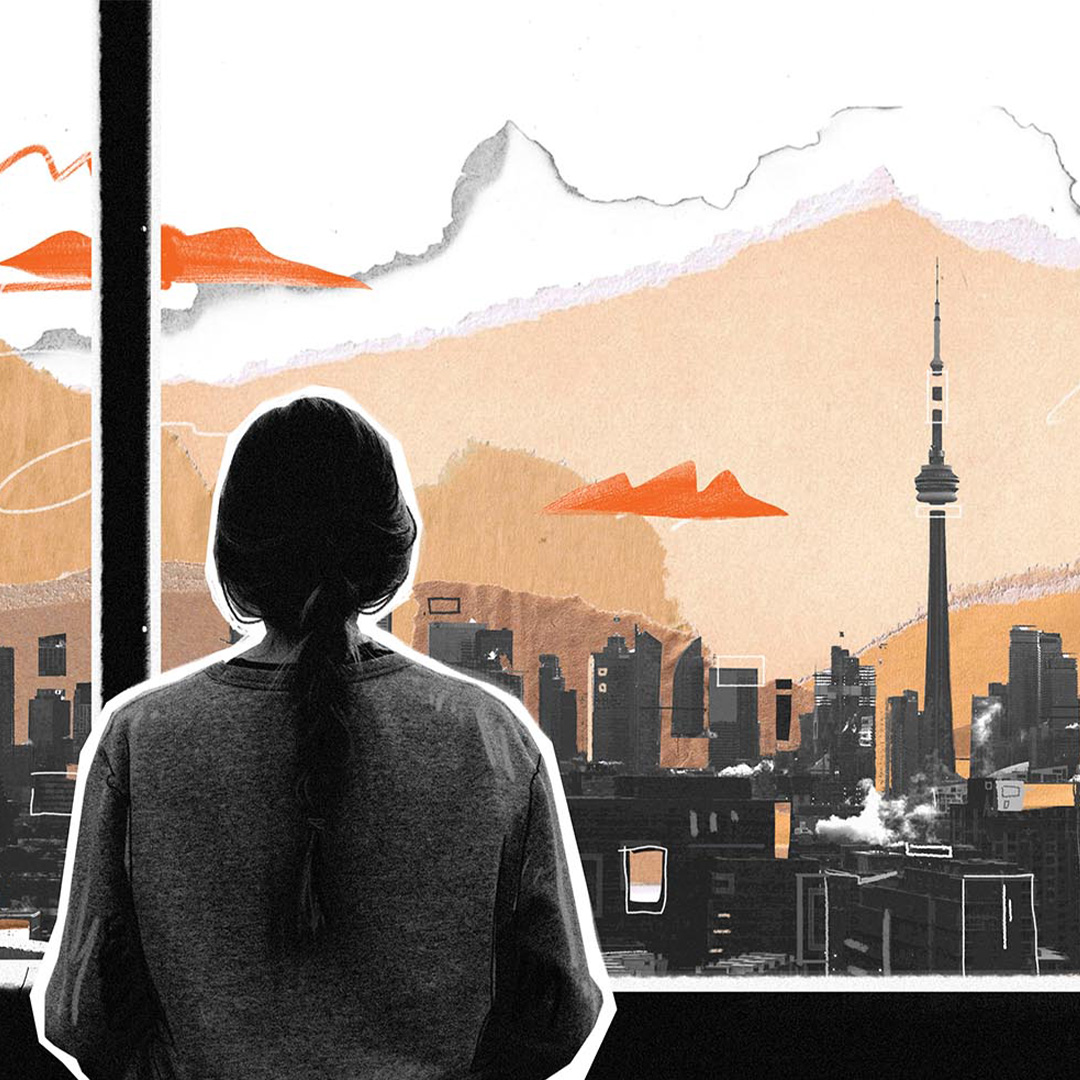
Last week in Toronto it snowed, as is customary in April, but for the first time in the history of the city nobody howled with anger and disbelief. The sun began to set after 8:00 p.m., but no one celebrated. Where two weeks ago people hadn’t worn masks, last week we wore masks.
On TV in Toronto last week the only news was about COVID-19 and the only commercials were solemn oaths from various car manufacturers vowing to help us stay together, to get us through these difficult times, to provide flexible financing on a wide selection of new models. The supermarkets stopped playing music and instead aired eerie messages of encouragement as people dodged one another in the aisles. Last week the most common phrase in corporate communication officially changed from “in these unprecedented times” to “the new normal.”
Things moved so quickly. The pandemic and lockdown have changed everything so completely, have played such strange games with our sense of time, that it’s important to pause, to try to document the moment.
The Local’s pandemic issue tracks one week in Toronto, seven stories over seven days. It follows people across the city, from a downtown park where the homeless engage in a futile game of cat and mouse with the police to a quiet suburb to a virtual courtroom. It tells the stories of struggling personal support workers, teenagers in limbo, waiting to start their adult lives, and families struggling without Wi-Fi at a time when life itself seems to have moved online.
Together, the stories form a snapshot of a particular place and time during a global pandemic. They also capture a shift in feeling that seemed to coalesce last week in Toronto.
In those first weeks—anxious and rattled—the pandemic had felt like a universal, personal cataclysm. We were all in this together, it was obvious. This pandemic touches all of us, everyone kept saying.
Last week made clear what should have been obvious from the beginning: that the brunt of the cost of this pandemic will be paid by those who can least afford it. Last week the news from long-term care homes, where vulnerable Torontonians are cared for by vulnerable workers, was dire. After weeks of increasingly urgent warnings by advocates, nine homeless shelters were found to have COVID-19 cases. TTC bus drivers walked off the job over unsafe working conditions, food bank use soared, and payday lenders did brisk business. This pandemic touches all of us, but in the same way that a devastating flood touches all of us—destroying the low-lying areas first, washing away all that is precarious before those on the high ground feel the water.
Last week in Toronto, as the first tentative positive signs emerged, it was tempting to expand our view—to think in months rather than days, to try to trace the curve past where it flattens to the point it sinks beneath the horizon. How does this end? What will the city look like when we return? When will we next hug our elderly family members, flag down a dim sum cart, feel the chlorinated cool of a public pool?
Last week was too early for that kind of thinking and this week probably is too. The thing now is to stay focused on the days in front of us, to take the feeling of solidarity from those first weeks—the clarifying knowledge that our health and wellbeing depends on the wellbeing of the most vulnerable—and apply it to the places where the pandemic has revealed the cracks. The thing to do is to take it one week at a time.
